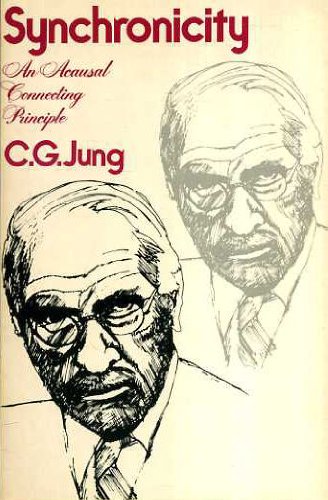Royce and Joe’s remarkable encounter has sparked discussions about synchronicity. While some argue that synchronicity is a true phenomenon strengthened by many sciences, critics stand by their belief that there are no universal energies that fuel coincidences.
Coincidences, as explained by synchronicity, occur to give people breakthroughs for their struggles. Moments fueled by synchronicity persuade a change in perspective for people to solve their problems.
Royce and Joe’s Surreal Reunion
The amazingly coincidental story of Royce Burton and Joe is known to many. It aroused many discussions of the concept of synchronicity. The story starts at New Jersey University, where Royce Burton was in the process of telling his class how Joe, his fellow Texas Ranger, saved his life.
In 1940, Royce Burton was patrolling the Rio Grande when he disappeared into a canyon at night. He attempted to climb, but his balance failed him. Royce Burton was sure that’d be the end of him, but suddenly – a fellow Ranger named Joe saved him, using his rifle strap. Royce expressed his gratitude to Joe for saving him, and they soon lost communication after they enlisted in World War II.
Amid the storytelling, an elderly popped into view at the doorway. The man was Joe, who spent his time finding Burton. Burton let Joe finish their story. It’s astonishing to many that after 25 years, Joe and Burton reunited at the moment Burton was telling their story to his class.
A bewildering coincidence is what others might label the story, but the term synchronicity describes the event perfectly. Coined by Carl Jung, synchronicity is when two incidents with no apparent relationship occur, the only connection these two incidents have is their purpose.
Synchronicity is familiar to various people around the world. Many people share a fascination with synchronicity, even devoting a Facebook page to it. Critics suggest that synchronicity is nothing but an individual’s narcissism and desperation to find connections in random things. (Source: CNN)
The Believers Versus the Skeptics
Synchronicity – An Acausal Connecting Principle by Carl Jung introduced synchronicity to the modern world. Although this concept may seem new to us, Carl Jung explains that synchronicity dates back to the ancient Chinese divination text entitled I Ching, or The Book of Changes. The text established the fundamentals of synchronicity. Moreover, the followers of Jung also state that quantum physics and chaos theory strengthen the bases of synchronicity.
Gibb A. Williams, psychoanalyst, and author of Demystifying Meaningful Coincidences, disagrees with synchronicity. Williams explains that synchronicity is a self-generated belief. He debunks the significance behind synchronicity, saying that one who has a desperate need to solve a problem will often look for omens or something that will resonate with them.
You’re looking for patterns. It’s like you’re on your own psychological scavenger hunt. You look for pieces to fit the puzzle. The completed pattern is experienced as a synchronicity.
Gibb Williams
To further support Williams, an essay for Skeptical Inquirer written by Bruce Martin says that mathematical probability accounts for occurring coincidences. He asserts that individuals give less accountability to probability for coincidences than needed, registering how coincidences are only random.
Whether people are intense believers or harsh skeptics, the only fundamental fact is that nobody knows the truth. (Source: CNN)
